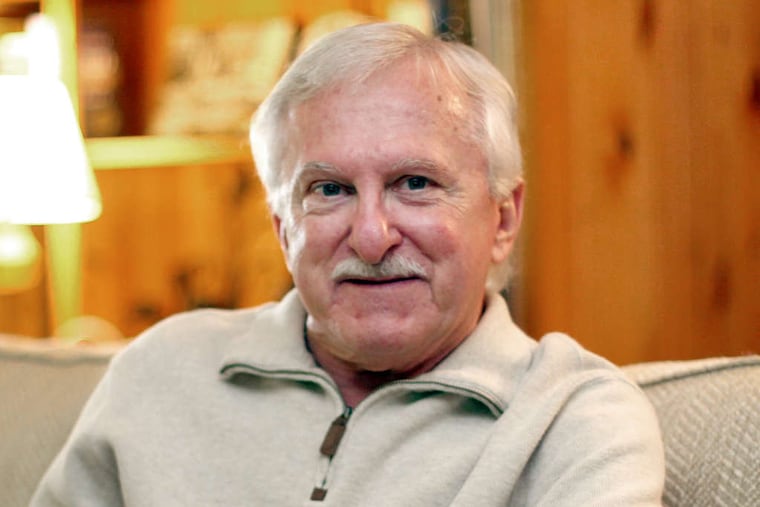Three share Nobel Prize in chemistry
Three scientists shared the Nobel Prize in chemistry on Wednesday for their work deciphering the mysteries of how cells repair damaged DNA, work that could lead to new therapies for everything from cancer to old age.

Three scientists shared the Nobel Prize in chemistry on Wednesday for their work deciphering the mysteries of how cells repair damaged DNA, work that could lead to new therapies for everything from cancer to old age.
Swedish scientist Tomas Lindahl, American Paul Modrich, and U.S.-Turkish national Aziz Sancar will share in the award of roughly $960,000.
"Their systematic work has made a decisive contribution to the understanding of how the living cell functions, as well as providing knowledge about the molecular causes of several hereditary diseases and about mechanisms behind both cancer development and aging," the Royal Swedish Academy of Sciences said in a statement.
Lindahl, of the Francis Crick Institute and Clare Hall Laboratory in Britain, began with a fundamental question in the late 1960s: "How stable is DNA, really?" He found that DNA decays so rapidly that the frequent changes should be devastating to life. Multiple potentially dangerous breakdowns of the genome happen every day, according to his work. Lindahl discovered base excision repair, a mechanism by which certain proteins work to constantly repair DNA.
"I feel very lucky and privileged," Linahl said Wednesday in an interview posted on the Nobel website. "It's always nice at the end of your career to have recognition that what you have done is actually important."
Sancar, a dual citizen of Turkey and the United States and a professor at the University of North Carolina School of Medicine, focused on the mechanisms by which proteins repair ultraviolet damage, called nucleotide excision repair. His "ability to generate knowledge about the molecular details of the process changed the entire research field," the Nobel committee said Wednesday.
Modrich, a Duke University medical professor and investigator at Howard Hughes Medical Institute, detailed the mechanism behind how cells correct errors that occur when DNA is replicated during cell division - a process known as mismatch repair.
"The genetic information that governs how human beings are shaped has flowed through our bodies for hundreds of thousands of years," the Nobel committee wrote in its Wednesday statement. "It is constantly subjected to assaults from the environment, yet it remains surprisingly intact. "
Researchers are now studying ways to disrupt or destroy the repair mechanisms within cancer cells in hopes of killing them off.